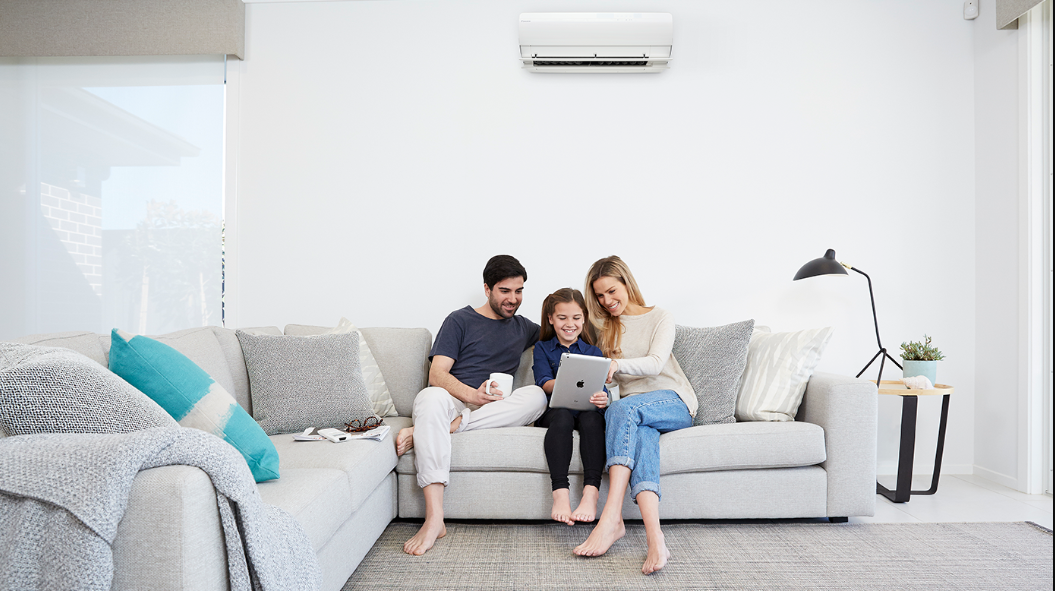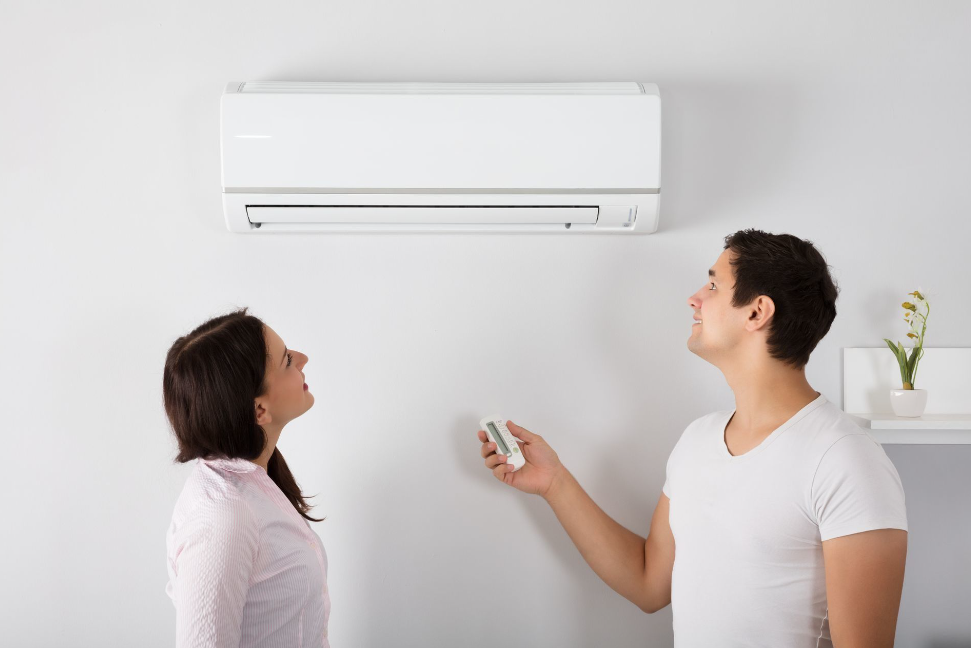As new and more innovative technologies of various use become introduced, residential air conditioning has remained crucial to modern life. It helps keep homes cool and comfortable, especially during hot summer months. Of course, the key question is exactly how good is it for your health?
It’s actually not as simple a topic as you’d think. Let’s have a look at the health impacts of air conditioning and provide tips for safe usage.
Positive Health Impacts
1. Humidity Control
Air conditioning helps regulate indoor humidity levels, reducing the risk of mold and mildew growth. This is especially important for people with allergies or respiratory problems, as high humidity can exacerbate these conditions.
2. A Fresher Atmosphere
Air conditioning circulates and filters the air, leading to a fresher and cooler atmosphere. This can be especially beneficial for those experiencing more exhaustion and dehydration during the hotter months.

3. Allergen Control
Air conditioning can help control indoor allergens, such as pollen and pet dander, by filtering them out of the air. This is especially important for people with allergies, as exposure to allergens can trigger sneezing, coughing, and itchy eyes.
Precautions For Prolonged Usage
1. Migraines
Prolonged exposure to air conditioning can cause headaches or migraines, especially in people who are sensitive to temperature fluctuations. To avoid this, it’s best to gradually adjust the temperature and avoid sudden changes.
2. Flu-Like Symptoms
Some people may experience flu-like symptoms, such as coughing, sore throat, and runny nose, from prolonged exposure to air conditioning. This is because air conditioning can dry out the mucous membranes in the nose and throat. This makes them more susceptible to infections.
3. Affects On Airways
Air conditioning can also affect the airways, causing irritation, dryness, and inflammation. This is especially true for people with conditions like asthma, who may experience more frequent symptoms in cold, dry air. Quite often, poor air conditioning cleaning can worsen symptoms.
4.”Sick Building Syndrome”
Air conditioning can also contribute to “sick building syndrome,” a condition where people experience a range of symptoms. These include such complications as headaches, fatigue, and respiratory problems, due to poor indoor air quality.
Conclusion
Essentially, the use of residential air conditioning can have both positive and negative impacts on health. While the improved indoor environment can help you in some areas, prolonged exposure can lead to problems. It’s essential to use air conditioning safely and responsibly, avoiding sudden temperature changes, and ensuring proper maintenance.

